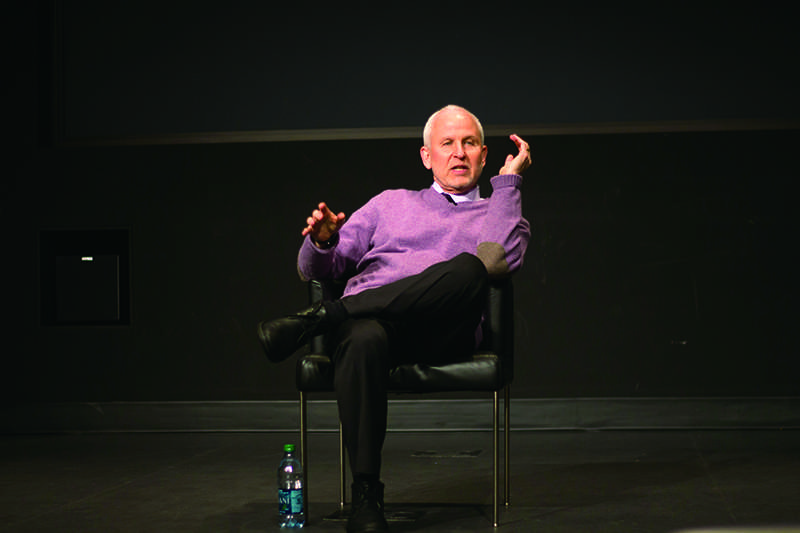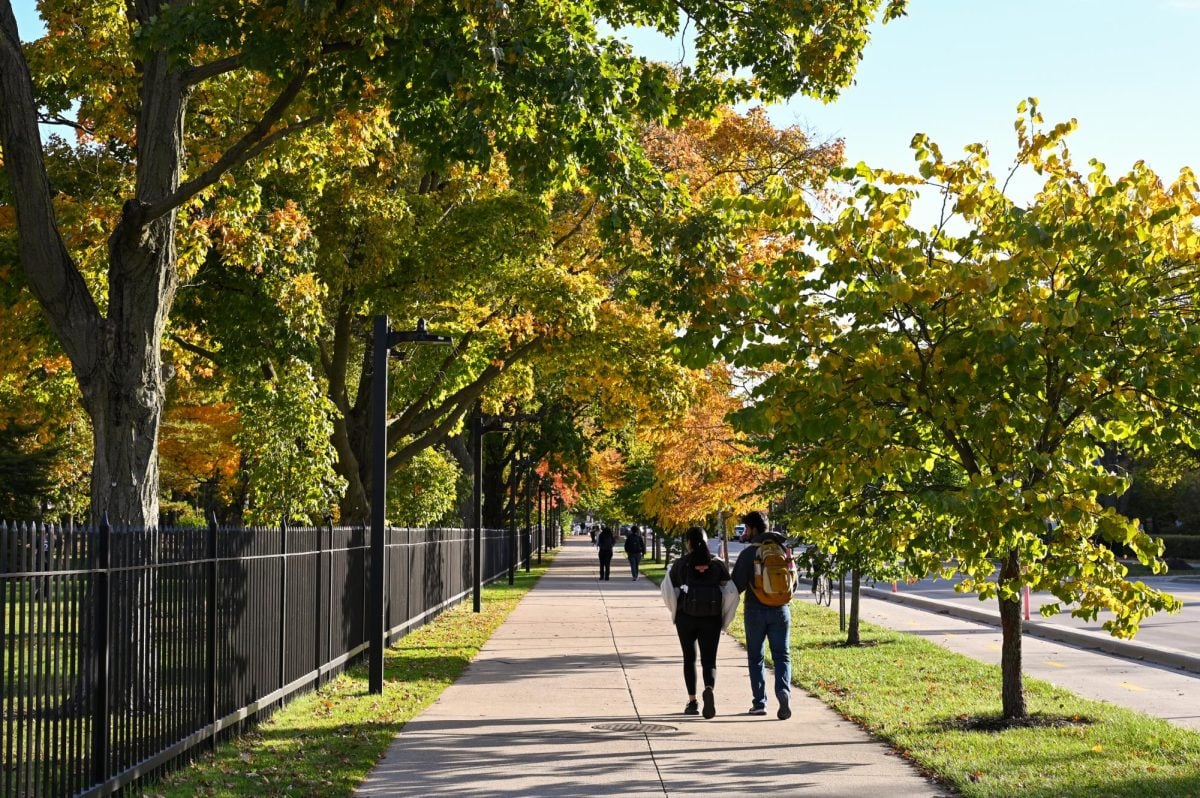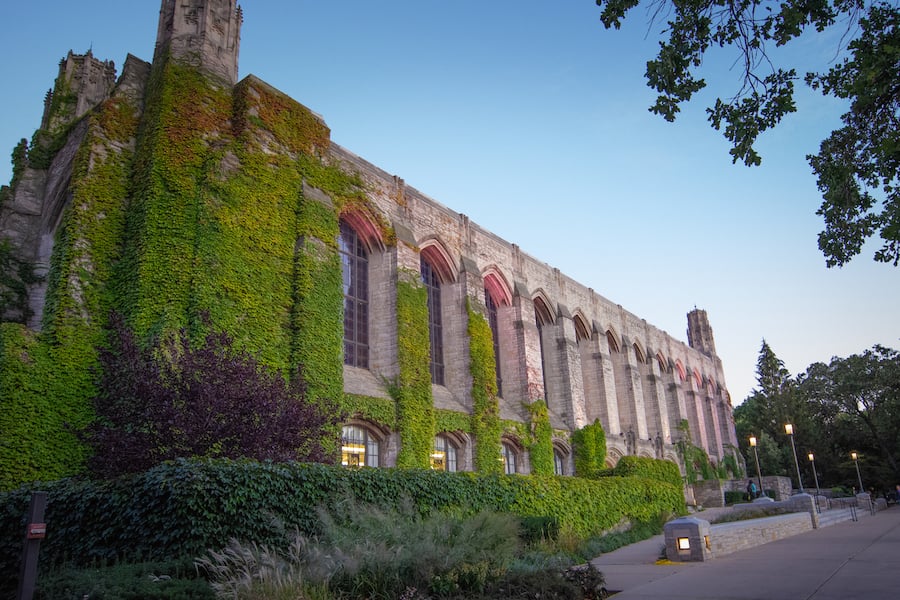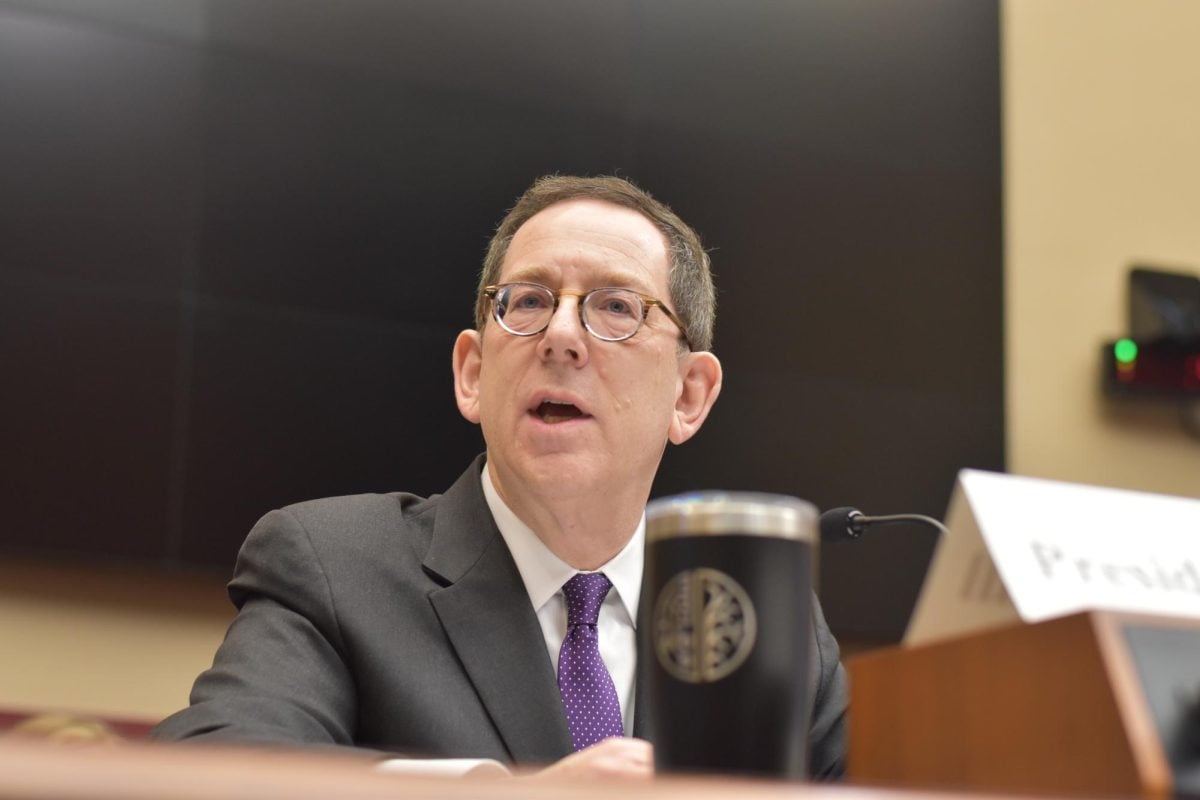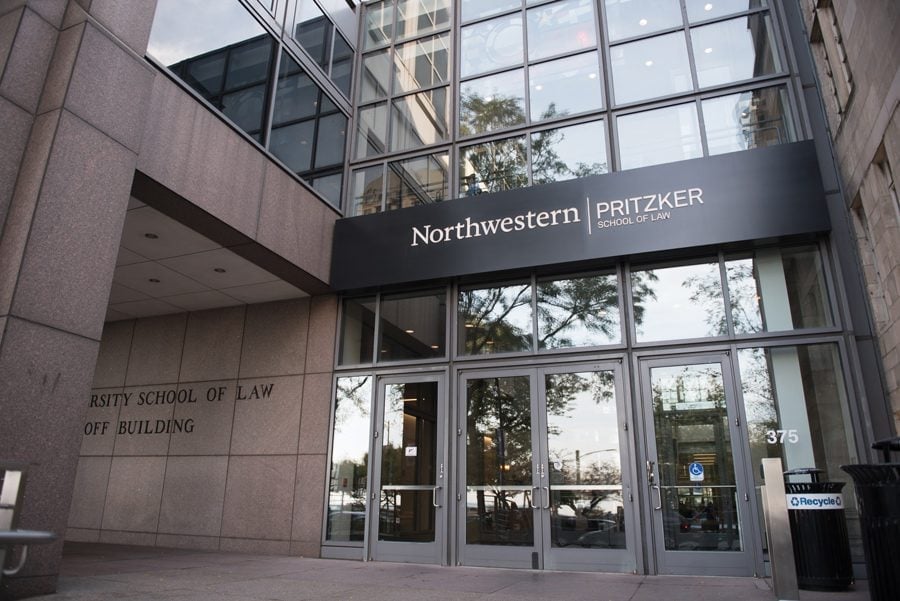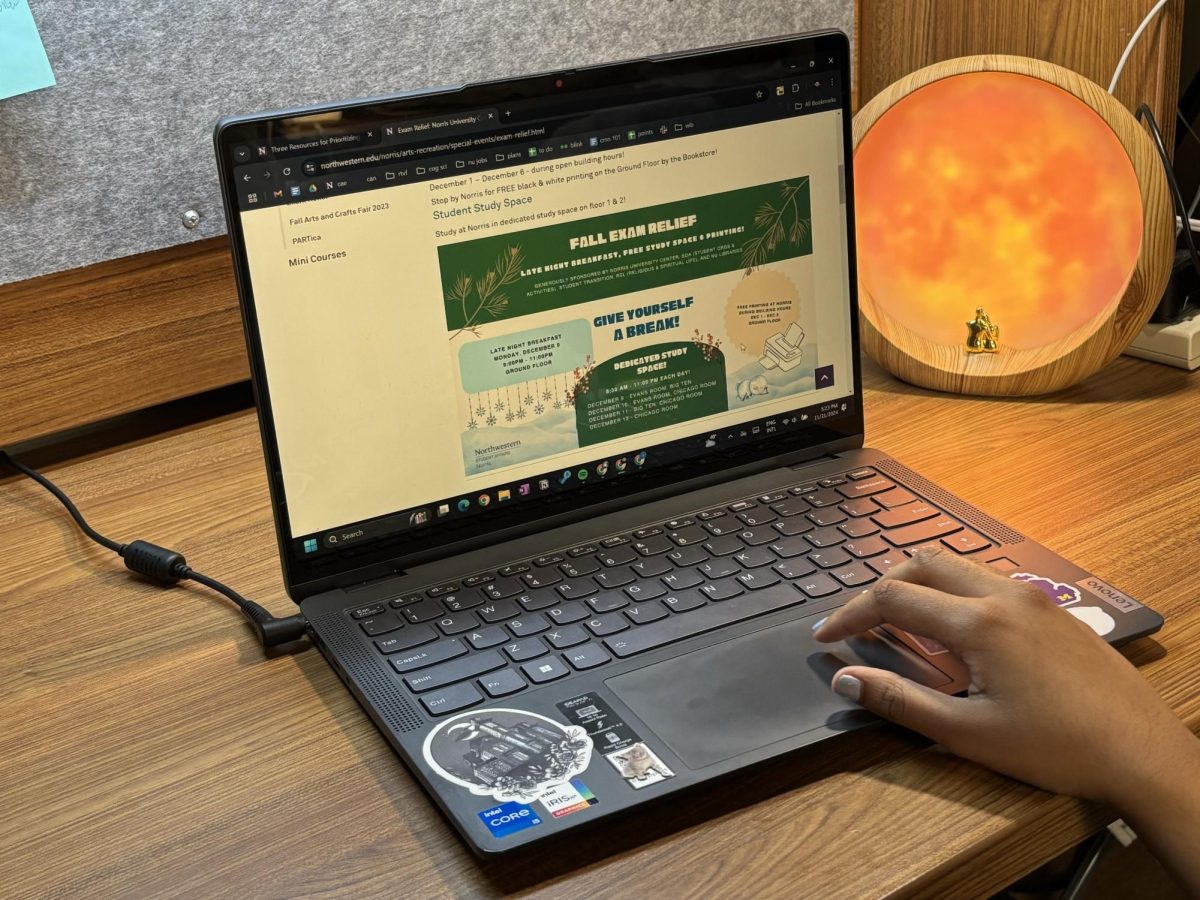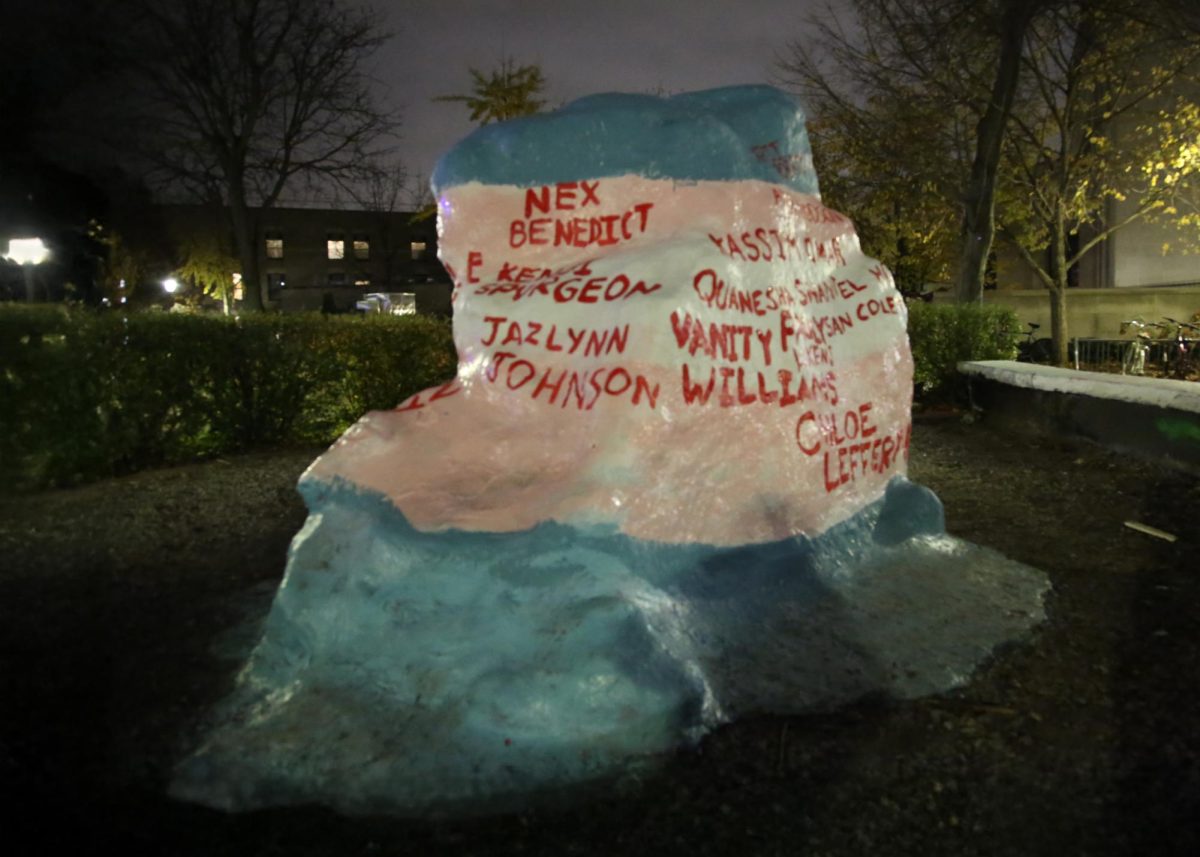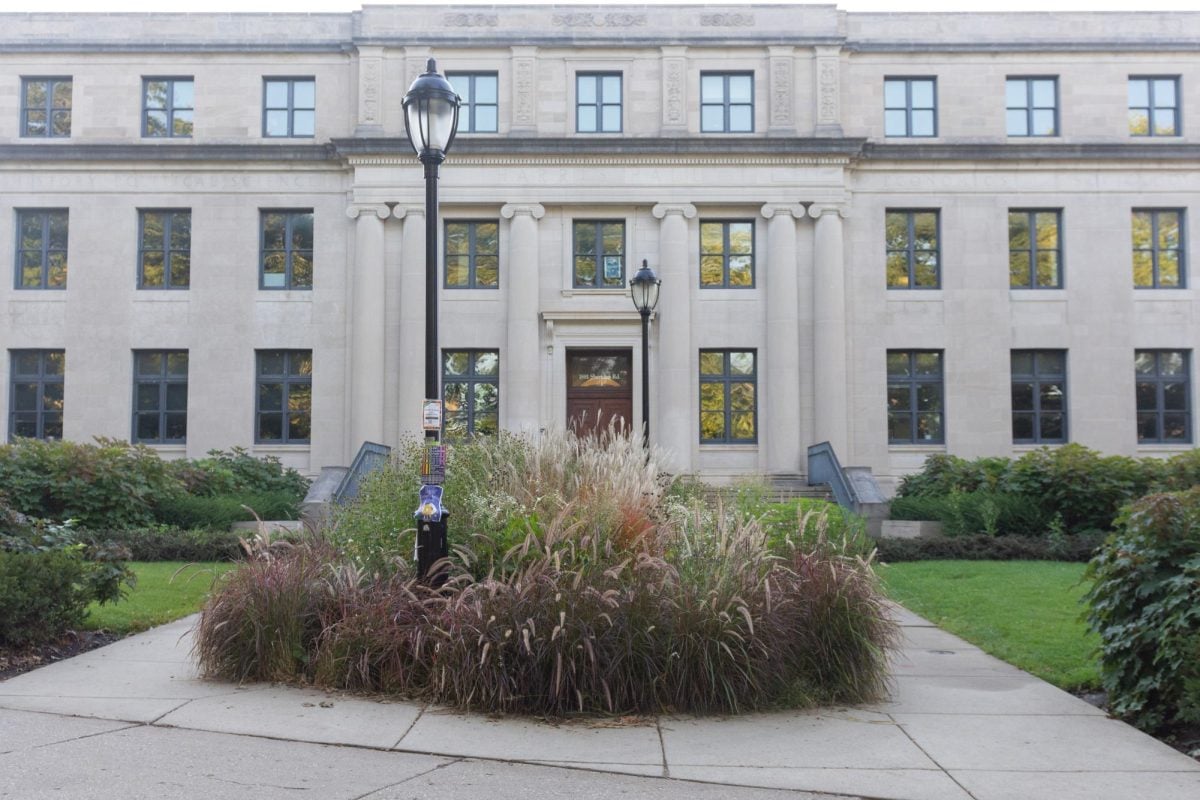University President Morton Schapiro spoke Monday about the socioeconomic experience at Northwestern, listening to questions and concerns from students of all socioeconomic backgrounds as part of a weeklong initiative by Northwestern Quest Scholars to spark a dialogue on the role of class and identity at NU.
The fireside, held at the McCormick Tribune Center, is the first event of Money Matters week, the first campus-wide campaign to create discussion on socioeconomic issues. More than half of NU students receive some sort of aid.
“I think we really could do a better job making sure every undergrad here has the same opportunity to prosper, to fully avail himself or herself to everything it has to offer,” Schapiro said.
NU has improved in its enrollment of underrepresented minorities, Schapiro said. The University has moved from 15th in the country to seventh in having the highest percentage of underrepresented minorities.
However, Schapiro admitted more work needs to be done and there needs to be a change in how low-income students are treated, especially in receiving equal opportunities in jobs and internships.
“The truth is, that’s just really unfair,” Schapiro said. “It shouldn’t be harder for someone who is first generation or from a low-income background to prosper here, as opposed to someone who is legacy.”
Students’ questions covered a wide variety of topics, including addressing socioeconomic issues, financial aid and NU’s culture of affluence. Students voiced concerns about unpaid internships, high textbooks costs, negative treatment from the financial aid office, feelings of disconnect and lack of awareness by faculty about low-income student concerns.
“I thought he was very apologetic for a lot of things,” Medill sophomore Antonio Vielma said. “He presented a lot of comparisons to our peer institutions. While they may provide a qualitative view, it doesn’t talk about the experiences of students while here. The focus should be how resources for low income students are increasing or not, and how Northwestern is adjusting to low-income students.”
Schapiro said he prioritizes increasing the percentage of low-income students but believes the current formula for financial aid is more fair and generous than it had been previously.
Before the fireside, some quotes from the Tumblr page “NU Class Confessions,” as well as other statistics, were projected on a slide. The Tumblr currently has more than 450 posts.
(NU Quest Scholars launch website to promote anonymous discussion on economic background)
“I can’t say that I was terribly surprised by any of it, given that I was in this business for a long time,” Schapiro said. “When they speak honestly with me, I get to hear these things. If I were to categorize those hundreds of hundreds of confessions, one is guilt, one is anger, one is doubt.”
Many students who attended said they hope this discussion continues.
“It was satisfying to hear there was a mix of personal stories and questions,” Weinberg freshman Jessica Lewis said. “I don’t know if socioeconomic status can be covered in an hour. I just hope that these kinds of conversations happen on campus. These kinds of conversations are great for making people comfortable with what’s normally an uncomfortable issue.”
Money Matters events continue this week with a dinner dialogue event at 6 p.m. Tuesday at Sargent dining hall, a film screening at 7 p.m. Wednesday in Harris Hall and a keynote speech by award-winning journalist Alfred Lubrano at 7:30 p.m. Thursday in Harris Hall.
Clarification: This story has been updated to reflect that students from a variety of socioeconomic backgrounds attended the fireside.
Email: [email protected]
Twitter: @rosaliech1
